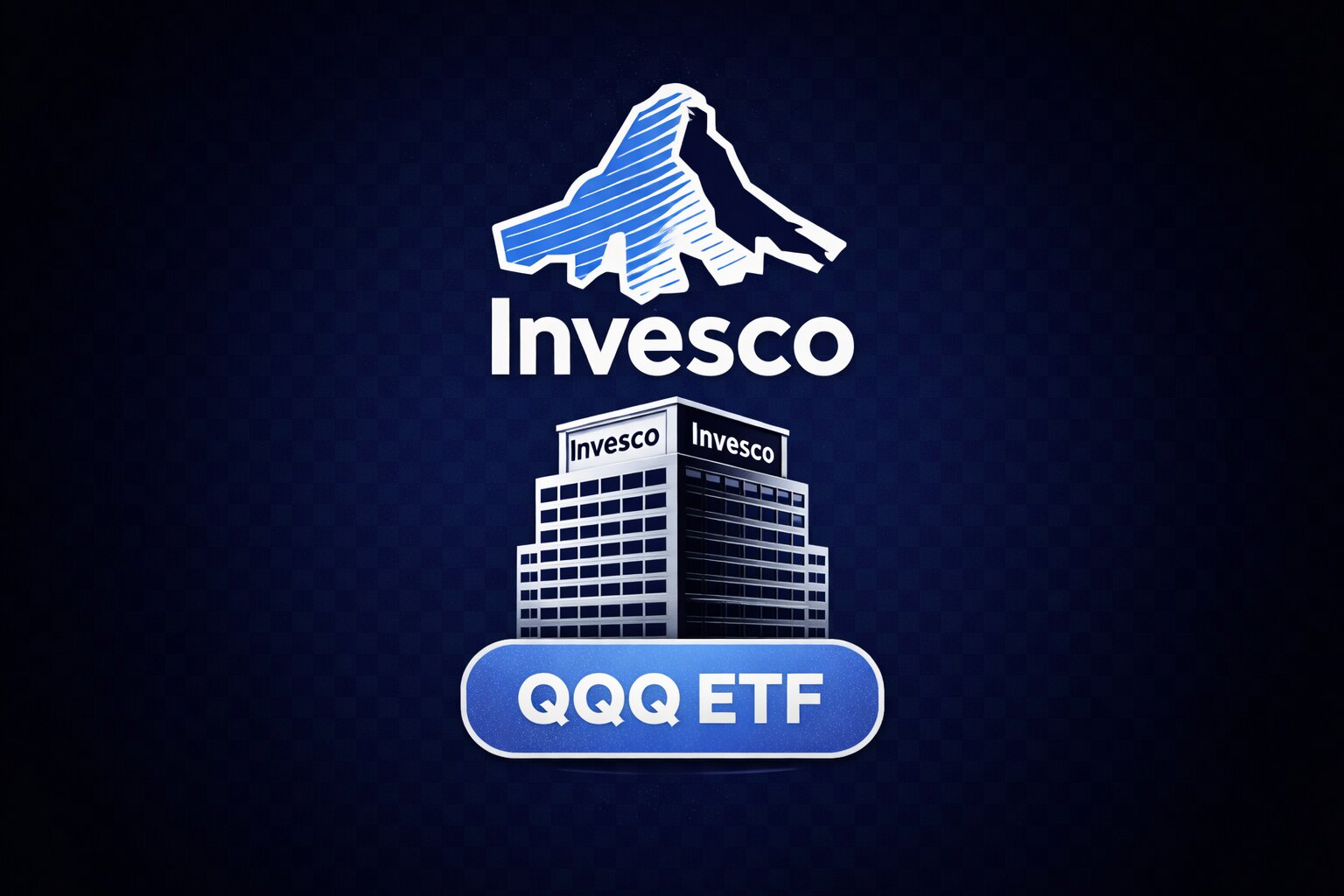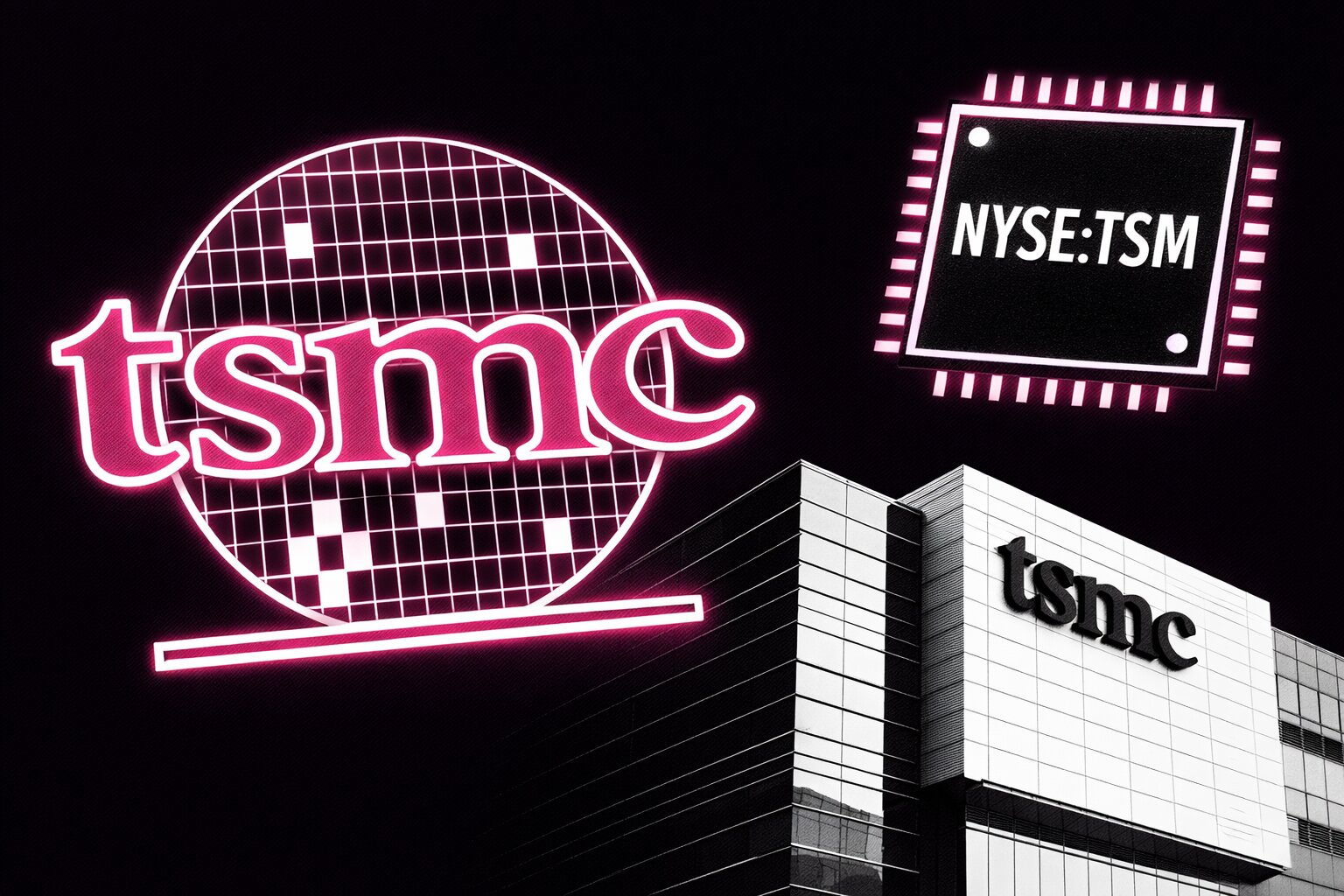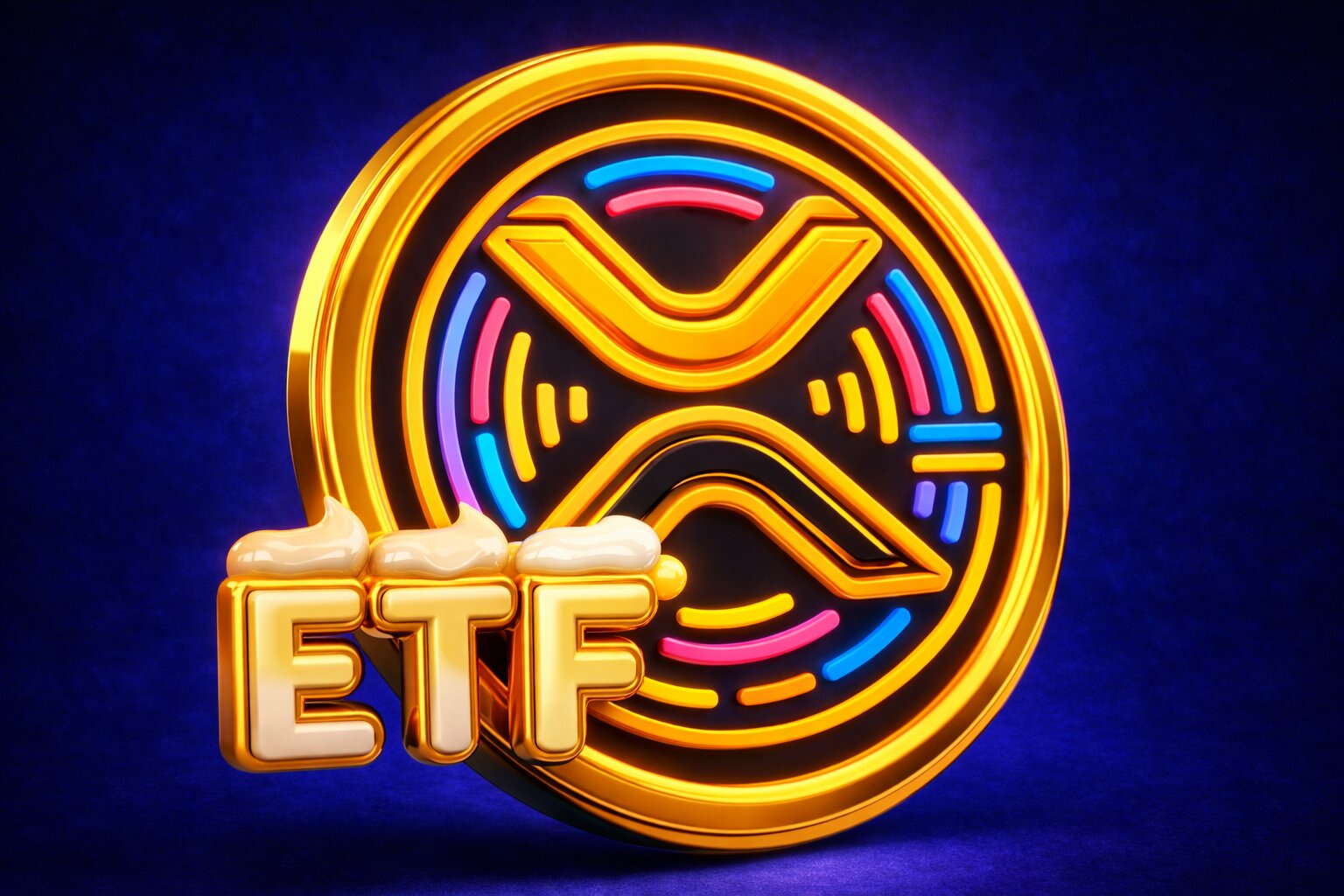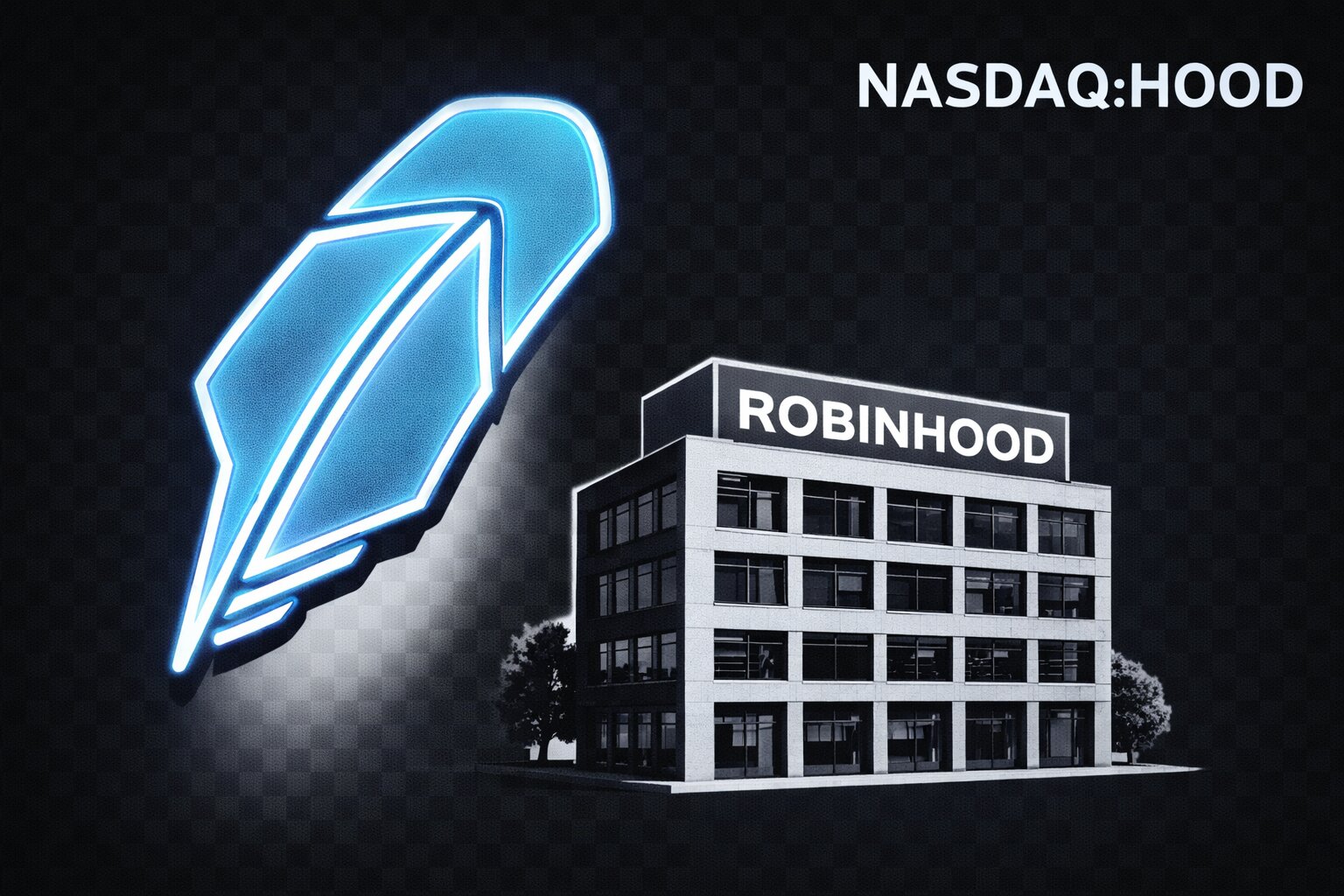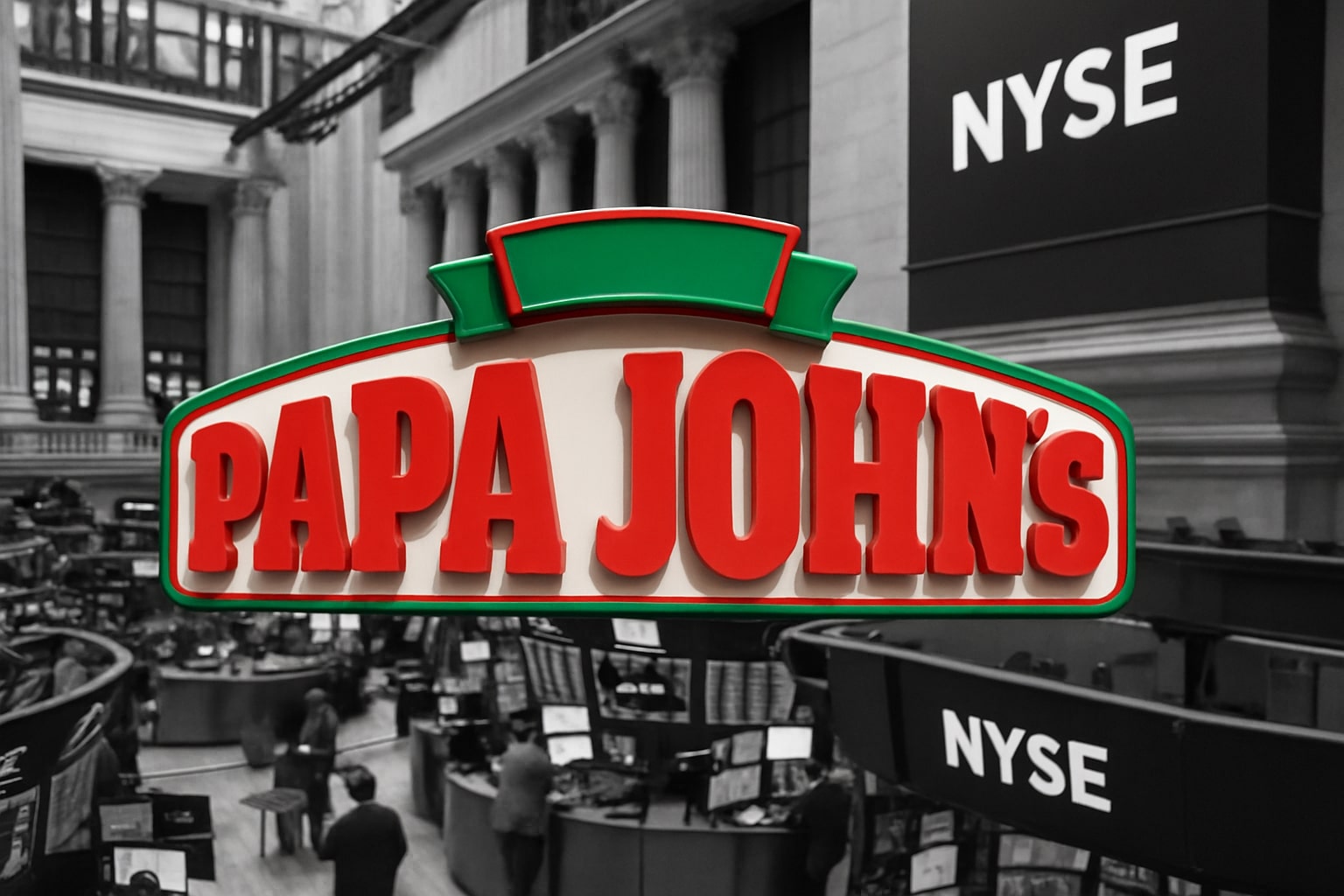
Papa John’s Stock (NASDAQ:PZZA) Rises on Apollo’s $64 Bid — Turnaround Story Still Far from Done
With revenue up 4.1% to $529 million and franchise margins expanding, Papa John’s may be worth more than Apollo’s offer as valuation and cash flow point to $80 potential | That's TradingNEWS
Papa John’s (NASDAQ:PZZA): Apollo’s $64 Offer Confirms the Undervalued Turnaround Story
Papa John’s International Inc. (NASDAQ:PZZA) is once again in the spotlight after private-equity giant Apollo Global Management (NYSE:APO) placed a $64 per-share buyout bid, valuing the pizza chain at roughly $3 billion enterprise value. The stock closed Friday at $52.01, implying a potential 21% upside to Apollo’s offer — and over 50% from its pre-bid level of $42. For investors who have followed the company’s multi-year turnaround, the bid validates the transformation that has taken place since new CEO Todd Penegor took over in late 2024.
While the market focuses on short-term M&A headlines, the deeper story is that Papa John’s fundamentals have quietly strengthened across its franchising model, margins, and consumer appeal — creating intrinsic value that may extend well beyond the proposed buyout price.
Revenue Stability and Operating Discipline Support a Higher Valuation
In the latest quarter (Q2 2025), revenue rose 4.19% year-on-year to $529.17 million, showing solid resilience in a soft restaurant environment. Operating expenses climbed 29.3% to $83.4 million, a reflection of inflationary pressures and one-time promotional investments, while net income slipped 22.1% to $9.53 million. Earnings per share fell 32.8% to $0.41, though the decline was largely driven by cost normalization after aggressive price promotions.
Even with temporary margin compression, Papa John’s continues to generate positive cash flow and boasts one of the leanest capital structures among quick-service peers. The company’s EBITDA reached $48.8 million, down 12.7% year-over-year but still above pre-pandemic averages. With net debt/EBITDA at 2.8×, liquidity remains comfortable, supported by $33.5 million in cash and long-term maturities extending to 2029 and 2030.
Franchising now drives a larger portion of total revenue — a key shift in the business model. The average royalty per franchised store rose from $8,761 to $8,887, confirming that the company is extracting greater value from its network despite macro headwinds.
Valuation Metrics Point to Undervaluation Even Before Apollo’s Offer
Papa John’s trades at valuation multiples well below historical averages. Its price-to-sales ratio stands at 0.71×, compared with a five-year mean of 1.37×, implying roughly a 48% discount to fair value. Using this multiple yields an intrinsic price target of about $80 per share.
On an EV/EBITDA basis, the stock currently sits around 10.5×, versus the sector average near 12× and historical transactions closer to 11× – 11.5×. Even conservative forward projections (based on FY 2025 EBITDA guidance of $200 million – $220 million) indicate a justified trading range of $60 – $72 per share, excluding any takeover premium.
Dividend metrics also remain appealing. With an annualized dividend of $1.84 per share (3.54% yield) and consistent cash coverage, Papa John’s remains one of the few small-cap restaurant chains combining yield with potential capital appreciation.
Read More
-
QQQ ETF Price Forecast - QQQ at $600.91: Nasdaq Growth Weighs Jobs Shock, High Yields and AI Productivity
12.02.2026 · TradingNEWS ArchiveStocks
-
XRPI And XRPR ETF Prices Lag At $7.74 And $11.44 While $1.23B XRP ETF Flows Test A Weak $1.38 Spot
12.02.2026 · TradingNEWS ArchiveCrypto
-
Gold Price Forecast: XAU/USD Guards $5,000 as Wall Street Maps Run Toward $6,100–$7,200
12.02.2026 · TradingNEWS ArchiveCommodities
-
EUR/USD Price Forecast: Can the Euro Clear 1.1900 as Dollar Momentum Fades Below 97?
12.02.2026 · TradingNEWS ArchiveForex
From a pure Dividend Discount Model (DDM) perspective, assuming a 5% risk premium and three-year dividend growth trend, fair value lands near $53 – $54, essentially aligning with current trading levels and underscoring that Apollo’s $64 bid embeds minimal future growth optionality.
Consumer Sentiment and Brand Momentum Strengthen the Long Game
Customer perception data show Papa John’s maintaining an ACSI score of 79, tying Pizza Hut for the highest satisfaction among U.S. pizza chains and ahead of Domino’s (78) and Little Caesars (77). That metric is crucial as it reflects enduring brand equity at a time when restaurant loyalty is eroding across categories.
Penegor’s “Five Pillars Strategy” — emphasizing premium ingredients, loyalty program overhaul, pricing flexibility, digital 1P channels, and franchise profitability — is reshaping the brand narrative. The revamped Papa Rewards now features faster redemption and increased user engagement, lifting 1P traffic and improving data capture for targeted offers.
System-wide sales from franchised units rose despite cost pressures, and the company’s decision to convert more international outlets from owned to franchised reduces capital intensity while boosting operating margins.
Why Apollo’s Bid May Understate the True Upside
Apollo’s $64 offer equates to an EV/EBITDA multiple of ~11.3× FY 2024, roughly 3.6% above the restaurant M&A average (10.9×) since 2010. That modest premium underscores the private-equity firm’s confidence in operational continuity under Penegor’s leadership but also reveals potential room for negotiation.
For context, Apollo’s prior restaurant acquisitions — including CKE Restaurants, Qdoba, CEC Entertainment, and The Restaurant Group — averaged 7.7× EBITDA, substantially below the PZZA offer, highlighting that this deal reflects higher quality earnings and franchise scalability.
From shareholders’ perspective, the two-path scenario is compelling:
-
Accept the $64 cash bid, realizing an immediate ~21% gain from current levels; or
-
Reject the offer and ride the turnaround toward potential re-rating near $80 – $85, assuming continued earnings recovery and a return to historical 16× – 17× EBITDA multiples within 3 years.
Institutional ownership — roughly 85% of float held by BlackRock, Vanguard, and Irth Capital — adds another layer of stability. These investors typically favor predictable cash-flow assets, making a premium-to-book exit at $64 highly palatable, yet their concentration could also give them leverage to demand a higher bid.
Technical View: Oversold Conditions Favor Re-Entry
From a technical perspective, Papa John’s remains in accumulation territory. The stock has dropped 20% since June, briefly breaching both its 50-day and 200-day SMAs, a reflection of M&A fatigue rather than fundamental weakness. The RSI near 41 suggests oversold momentum, while the MACD histogram shows early signs of reversal.
A confirmed breakout above $53.50 could trigger a short-term rally toward $58.00, with major resistance around $60 – $62, coinciding with the implied valuation midpoint from EV/EBITDA models. On the downside, firm support rests near $49, where buyers have consistently stepped in since late September.
Financial Structure and Dividend Resilience Add Defensive Appeal
Despite a modest negative book value (-$415.9 million), Papa John’s maintains balance-sheet flexibility. The company’s senior notes of $400 million maturing 2029 and credit facilities due 2030 keep near-term refinancing risk low. Operating cash flows comfortably cover both capex and dividends, reflecting prudent capital management.
With return on assets (8.4%) and return on capital (13.4%), profitability remains competitive within the quick-service segment. The combination of strong franchise economics and low capital intensity gives the company a durable buffer against inflation-driven cost surges.
Verdict: Papa John’s Remains a “Buy” — Either Way You Slice It
Whether the Apollo deal closes or not, Papa John’s represents value. At $52.01, the market prices in almost no premium for a business delivering steady growth, rising franchise margins, and one of the most recognized brands in quick service. The stock offers investors a binary win: a clean cash exit near $64 or continued upside if the turnaround momentum persists.
Fundamentally and technically, the setup remains favorable. With operational efficiency improving and same-store sales narrowing the gap with Domino’s, PZZA deserves to trade closer to $70 – $75 even without a deal — and higher still if franchise expansion accelerates through 2026.
Rating: BUY — Target Price $70–$80 | Upside +30–50% from current levels














